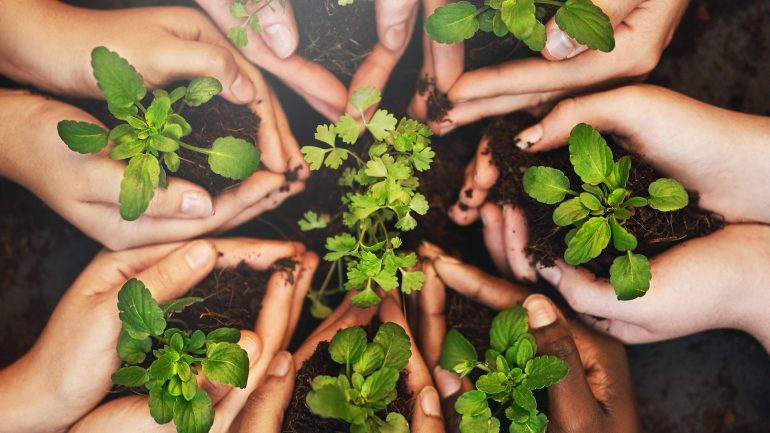IFFA is convinced that farmers and small forest holders are amongst the most vulnerable to Climate Change. At the same time, these farmers and small forest holders can play an enormous potential in Climate Mitigation by their long-term commitment to the management of forest natural resources, just as the Nobel laureate in Economics, Elinor Ostrom, has described in her research. And because these small forest holders already live in the midst of climate change, they need to be helped to acclimatize.
Small forest holders have met the consequences of changing climate in many ways. They suffer from the more frequent climate crises and extremes such as heavy rain and flooding, drought, storm, wildfire, warmer temperature, rising sea levels, and more frequent insects and diseases affecting forests.
With the right incentives in place, they can avoid the disappearance of forest areas, increase the forest cover, combat deforestation as well as forest degradation and increase the sequestration of CO2 from the atmosphere. Forest products made from the timber they harvest can replace many fossil fuels and materials.
This huge potential can be achieved if several policy elements are put in place over long periods. A prerequisite is a Land tenure that ensures land control so that the investment in growing trees will become a future asset for family forest owners. This requires that also state forestry policies integrate this potential and provide a positive extension service to support small forest holders, specifically towards the management over a long time. It also requires that the established trees and plantations can later be harvested to provide support to the tree producers’ livelihood. Last but not the least, to be able to get a fair price the small forest holders must be granted the right to organize in forest producer groups, for example as Economic Interest Groups or cooperatives, to defend their collective interests on markets.
When the established trees become of value for the grower, it will provide a source of better livelihood, which in turn will generate additional plantations. Giving economic value to family-owned forests induces greater attention to their management and protection preventing deforestation. This positive spiral of benefits for the forest grower will provide additional incentives for forest owners to grow trees, which will lead to an increase in climate mitigation efforts. The virtuous circle was created to get more trees growing, more forest products to release us from fossil dependency and emissions, additional capture, and storage of atmospheric CO2, and provide support for many of the other 17 Sustainable Development Goals.
Examples from Kenya, Tanzania, Thailand, Nepal, and many other countries show how important the role and potential of small forest producers could be in Climate mitigation given the right opportunity and support to manage their forests.




